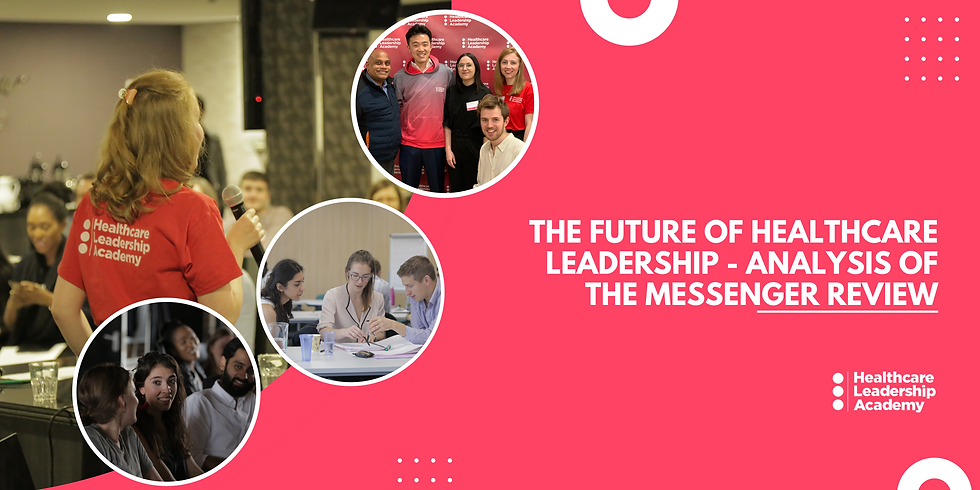Machine Learning in Breast Surgery- Present & Future
- Medics.Academy
- Sep 22, 2022
- 3 min read
Machine Learning has become one of the trending topics in the world of clinical research lately; the advancement of machine learning technologies has undoubtedly improved our quality of life. However, applying machine learning in healthcare has also highlighted certain ethical questions concerning AI technology.
HLA scholars, Karen Soh and Viraj Shah, along with the HLA Associate Research Director, Arian Arjomandi Rad, have conducted a systematic review on the present and future of machine learning. Machine learning piques the curiosity of certain individuals. Yet, this raises an obvious question for medical experts of all stripes: what precisely is “Machine Learning”?
A machine learning (ML) model identifies patterns, draws conclusions from the data it encounters during training, and then uses this reasoning to process real-world data, thus a machine learning approach could help predict and eventually improve outcomes for women in breast surgery. It’s one thing to recognise outdated trends and put them to good use, like raising the standard of care. Accurately predicting a circumstance and knowing what to do to prevent it is an entirely different task.
During the recent years we have seen an exponential growth in the number of successful machine learning trials conducted and this technology has become the highlight of the artificial intelligence revolution in healthcare.
Speaking about the research, HLA scholar, Viraj, said:
“This revolutionising technology is yet to be implemented in the area of breast surgery. We have looked at four ways machine learning could revolutionise the day-to-day operations that a breast surgeon undertakes.”
So, what can machine learning do for the field of breast surgery?
The goal of new machine learning technologies is to improve the accuracy and efficiency of this process. The search yielded 477 articles, of which 14 studies were included in this review, featuring 73, 847 patients. The authors have found four main areas of machine learning application: predictive modelling of surgical outcomes; breast imaging-based context; screening and triaging of patients with breast cancer; and as network utility for detection.
The majority of machine learning applications in breast surgery focus on predicting patient outcomes. This is consistent with the expanded uses of machine learning in modern surgery.
Karen explains: “The potential of machine learning is significant, and breast surgeons must strive to be informed with up-to-date knowledge and its applications.”
Machine learning is a young field of study, its application to medicine younger still, and as such “must be recognized as still being in a trial phase: it is not perfect and is subject to multiple flaws”. However, there are areas of clinical practices where it outperforms traditional methods, and the authors argue,
“There is sufficient groundwork to construct prospective randomised studies to observe the impact of machine learning in clinical practice.”
“Machine learning should be seen as an adjunct to clinical practice, not a replacement,” added HLA Associate Research Director Arian. “Aiding clinicians with decision making, ultimately with the goal of providing better care for our patients”
Machine learning demonstrated promising applications for improving breast surgery outcomes and patient-centred care. Nevertheless, there remain important limitations and ethical concerns relating to implementing artificial intelligence into everyday surgical practices.
Arian added:
“The Healthcare Leadership Academy Research Unit has been developing over the past year in order to establish itself as a future point of reference for researching technology-enhanced healthcare provision and medical education. This article, published in a prestigious international scientific journal, represents the potential of HLA Scholars to shape the future of healthcare.”
To read more about the research paper, follow the link:



Comments